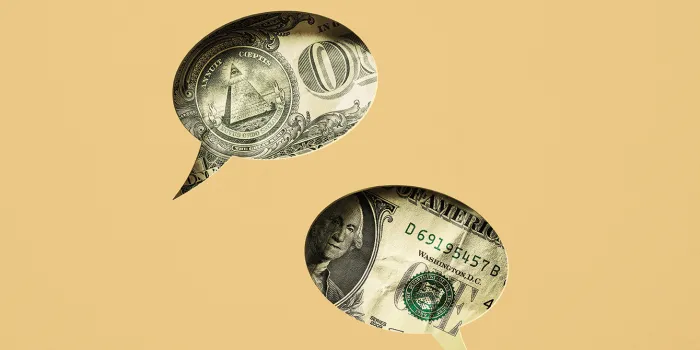It can be tough as a young adult to get by financially—it’s not just that you want to go out with your friends, but you probably have less money to do it, no thanks to possible student loans. Throw in having a bleeding disorder, and it becomes even tougher because you may not realize how quickly medical costs can add up. Still, giving up that avocado toast at your favorite brunch spot isn’t necessarily the answer. Budgeting with a positive financial mindset is.
Jennifer Lane, a Boston-based certified financial planner at Compass Planning Associates, says having the right budgeting attitude starts with wanting to grow your financial knowledge, especially when you have higher medical risks. Too many people tune out after hearing words they don’t understand, like deductible or copay. Instead, turn to a parent or trusted confidant to explain them. Don’t know what APR means for your credit card? Don’t be afraid to ask. When you see a financial term you don’t know, circle it and reach out to someone who knows.
Still, it can be hard just to keep track of your expenses. Budget trackers offer a way to help. Lane recommends the tracker on Mint.com as an option. It not only brings your costs into one area but also gives budgeting suggestions based on spending and even a free credit score. Multiple banks also offer apps. For example, Chase has Budget Builder to create a budget in real time. Or want to go old-school? Dejah Smith, 21, a senior at East Carolina University, usually checks her balances at least once a week using an old standby: Microsoft Excel. “Avoiding looking at what you’re spending won’t make it go away,” says Smith, a member of the National Hemophilia Foundation’s National Youth Leadership Institute (NYLI). “We all want to forget costs and just have fun, but you’ll pay for it later.”
But don’t forget to educate yourself. How can you know about money if you don’t read about it? Make a resolution to read one financial article or chapter in a financial book a week. And good news: This article takes care of this week! For next week, consider a subscription to Kiplinger’s Personal Finance. Or why not crack open The Millionaire Next Door by Thomas Stanley? You don’t have to aspire to own yachts and private jets—the book’s advice can help anyone get that much further along in bolstering his or her finances.
And finally, remember the magic of compounding. If you get 8% a year while invested in a 401(k) or another retirement financial instrument, then it will be worth about 10 times that in 30 years. Yes, 10 times! No one can guarantee those returns, but compounding with enough time usually is your friend—big time.
Smith says having a sibling with a bleeding disorder opened her eyes to how quickly medical bills can pile up. “I saw how something even as simple as wisdom teeth being pulled can require that extra care if you have hemophilia,” she says. “But anyone can find themselves in a situation that goes beyond routine. It’s better to be prepared.”

